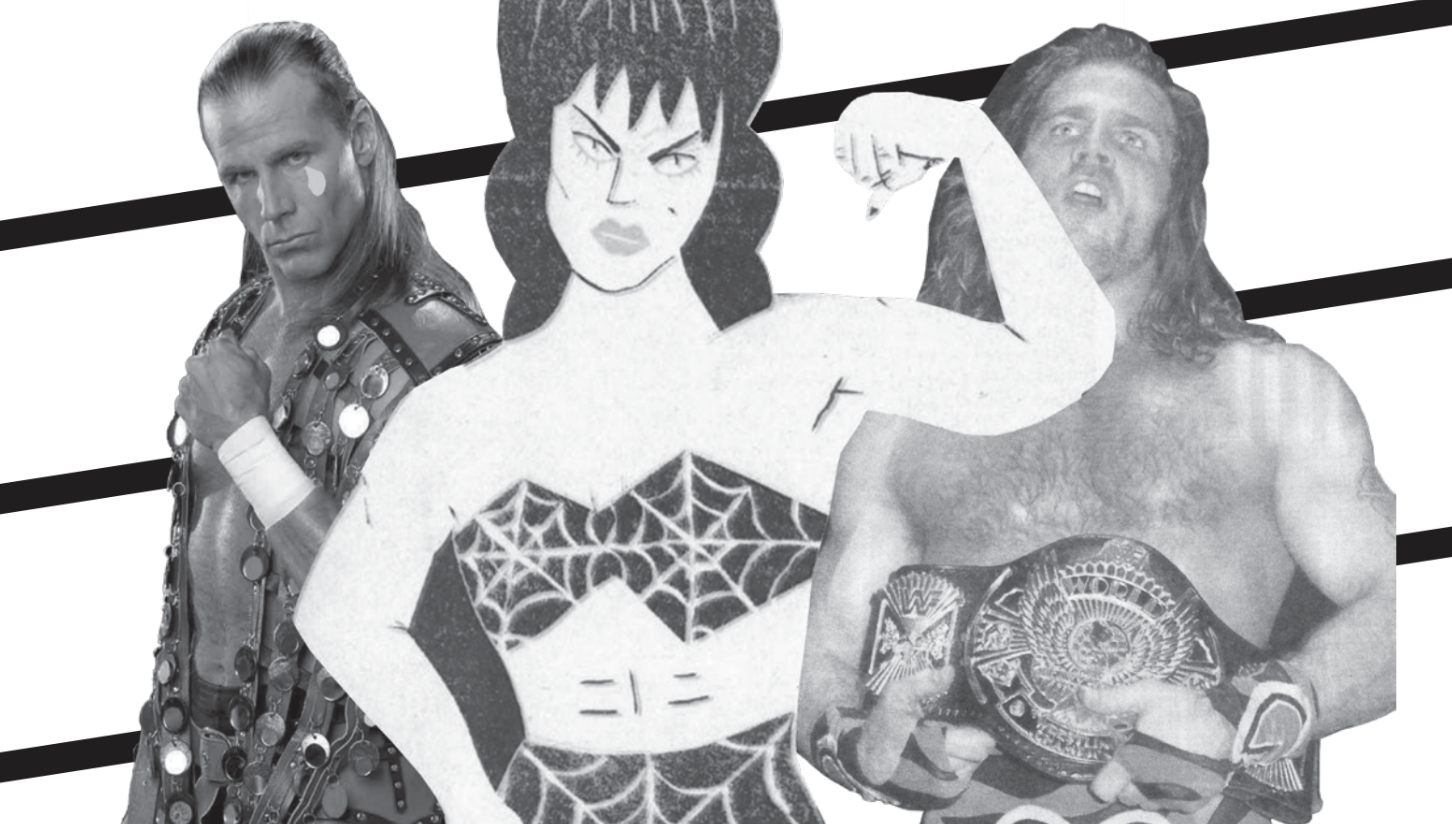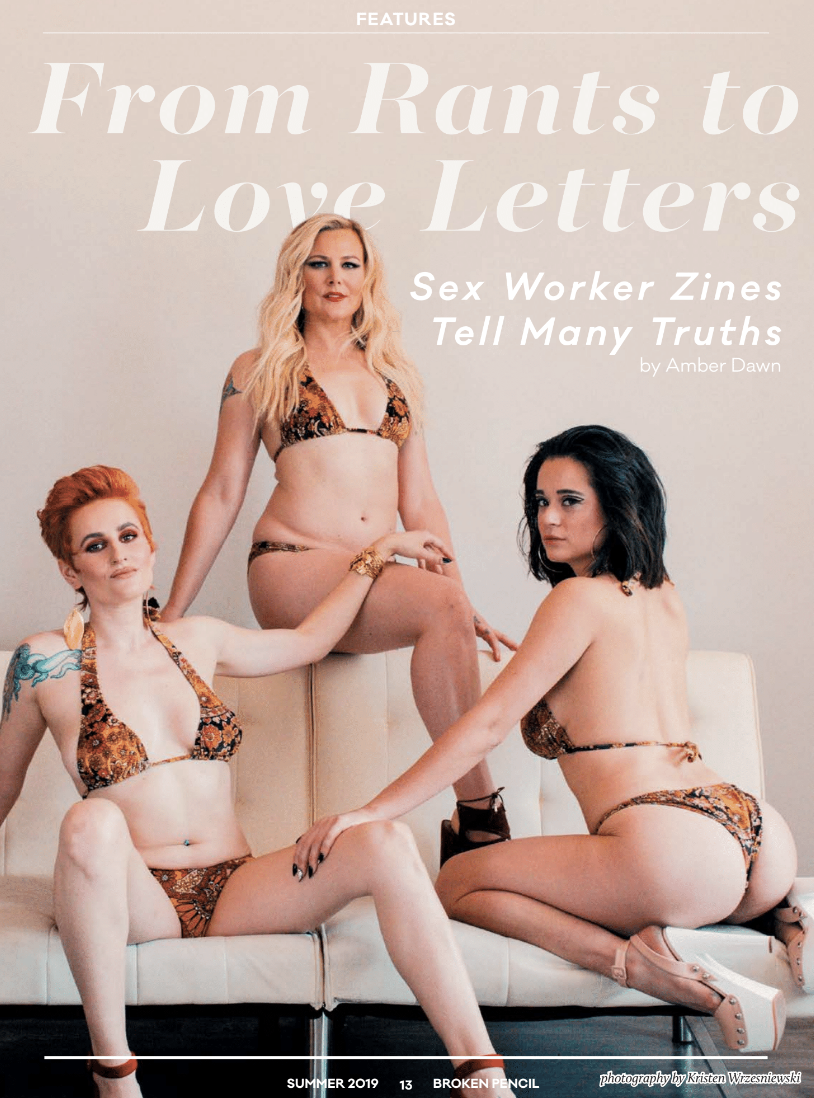$IDE HU$TLE: Sex Worker Zines Tell Many Truths
In the Spring of 2006, I was hired by AIDS Vancouver to coordinate a zine with male and trans spectrum sex workers in the Vancouver area. I hadn’t seen a sex worker-authored zine before, but, as a f


